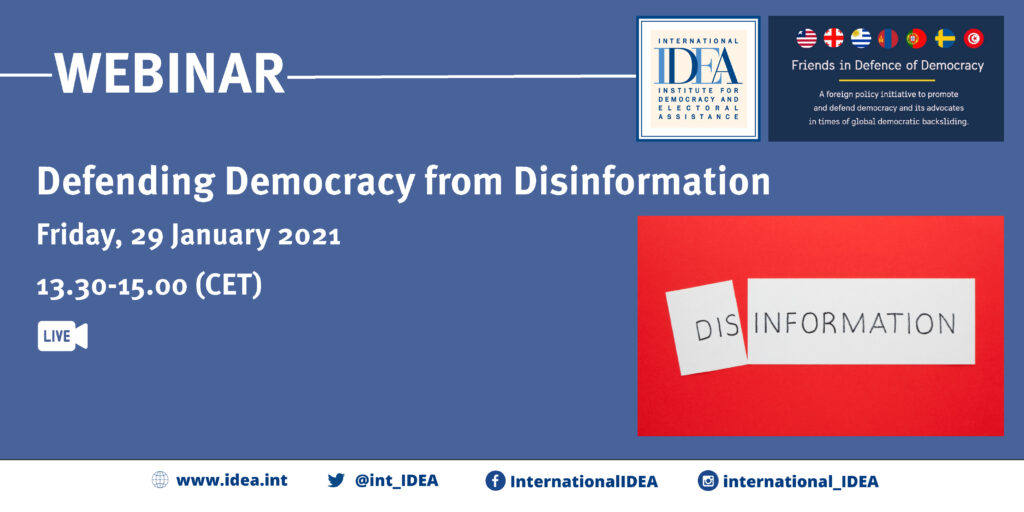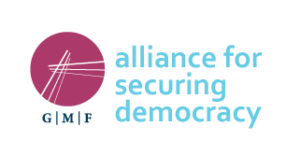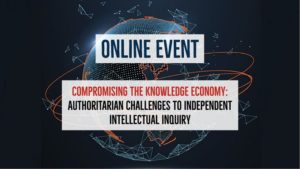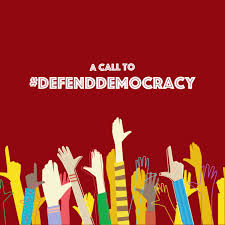
The global open internet is splintering as nation-states such as China and Russia wall themselves from the free flow of information while repurposing digital technology to their economic and ideological benefit, notes Brookings analyst Tom Wheeler. Liberal democracies are facing the threat that the future of the most powerful network in the history of the planet could be defined by others.
Lost in the attention paid to the EU’s proposed sweeping rules for the regulation of online platforms, is its proposal for a “specific dialog with the US on the responsibilities of online platforms and Big Tech” as part of a post-inauguration summit with President Biden, he adds. Such strategic discussions should be the beginning of an alliance of liberal democracies to protect the open and free values, as well as the economic strengths, of those societies.
Democracies must recognize that we are in a geopolitical battle over the governance model that will dominate in the 21st century digital context, argues Eileen Donahoe, Executive Director of Stanford’s Global Digital Policy Incubator and a National Endowment for Democracy (NED) board member.
 Republican Sen. John McCain warned, “If you want to preserve democracy as we know it, you have to have a free and, many times, adversarial press.” Updating digital norms would make organizing the next Capitol assault more difficult, according to Karen Kornbluh, who directs the German Marshall’s Digital Innovation and Democracy Initiative and Ellen P. Goodman, a professor at Rutgers University.
Republican Sen. John McCain warned, “If you want to preserve democracy as we know it, you have to have a free and, many times, adversarial press.” Updating digital norms would make organizing the next Capitol assault more difficult, according to Karen Kornbluh, who directs the German Marshall’s Digital Innovation and Democracy Initiative and Ellen P. Goodman, a professor at Rutgers University.
Online platforms are designed to maximize revenue and externalize costs. It turns out that manipulation and conspiracies sell, and tempering platform design to prevent harm is a cost that platforms have been allowed to avoid. As a result, tech companies too often allow deceptive design that makes it easy to spread conspiracy theories and endanger society. Today, we should take a three-pronged approach to changing their incentives — turning deceptive design into more democratic design, they write for the Post:
- First, clarify that what happens online is subject to the same legal standards as what happens in real life, update regulations and increase enforcement. Updated regulations would include the bipartisan Honest Ads Act — applying broadcast election ad transparency rules to the Internet — supplemented with know-your-customer rules so dark money groups can’t hide their funding….
- Second, insist that the industry make a high-level commitment to democratic design — a so-called digital code of conduct. Each platform should also make its own individual implementation commitments to which it will be held accountable. The code would be designed by the companies but overseen and enforced by the FTC, and any violation of the code would be enforced as a consumer protection violation…..
- Third, we should create a new “PBS of the Internet” to strengthen our civic infrastructure and ensure a strong online supply of trustworthy, nonpartisan scientific and election information…..RTWT
 Disinformation damages democracy in a multitude of ways, says the International Institute for Democracy and Electoral Assistance (International IDEA):
Disinformation damages democracy in a multitude of ways, says the International Institute for Democracy and Electoral Assistance (International IDEA):
- First, it harms electoral processes by endangering the concept of “informed choice”, as voters go to the polls with false information mixed in with conspiracies. It may also damage electoral legitimacy, by spreading lies about the electoral result and its fairness, as we see today in the United States.
- Second, and perhaps more fundamental, disinformation polarizes societies and distorts public debates. Executive actions, legislation, appointments, and foreign policy are all viewed through vastly different lenses, with no clear referee of facts and evidence, making the truth subjective, legitimacy questionable and accountability impossible.
 Third, disinformation also presents an effective vehicle for both domestic and foreign anti-democratic actors to peddle harmful narratives, further exacerbate pre-existing societal divisions, and push citizens toward undemocratic alternatives, such as authoritarian populist movements, autocratic strongmen, or even extremist organizations.
Third, disinformation also presents an effective vehicle for both domestic and foreign anti-democratic actors to peddle harmful narratives, further exacerbate pre-existing societal divisions, and push citizens toward undemocratic alternatives, such as authoritarian populist movements, autocratic strongmen, or even extremist organizations.- Fourth, disinformation may also be a national security threat, effectively undermining states’ foreign policy goals and partnerships as well as promoting hostile adversaries.
International Institute for Democracy and Electoral Assistance (International IDEA) and the Friends in Defence of Democracy have the pleasure of inviting you to a webinar entitled: “Defending Democracy from Disinformation”, on Friday 29 January 2021, at 1.30 – 3.00 PM (CET). The webinar will explore tangible solutions and best practices to protect democracy from disinformation, protect information integrity and build societal resilience against fake news and false facts.







